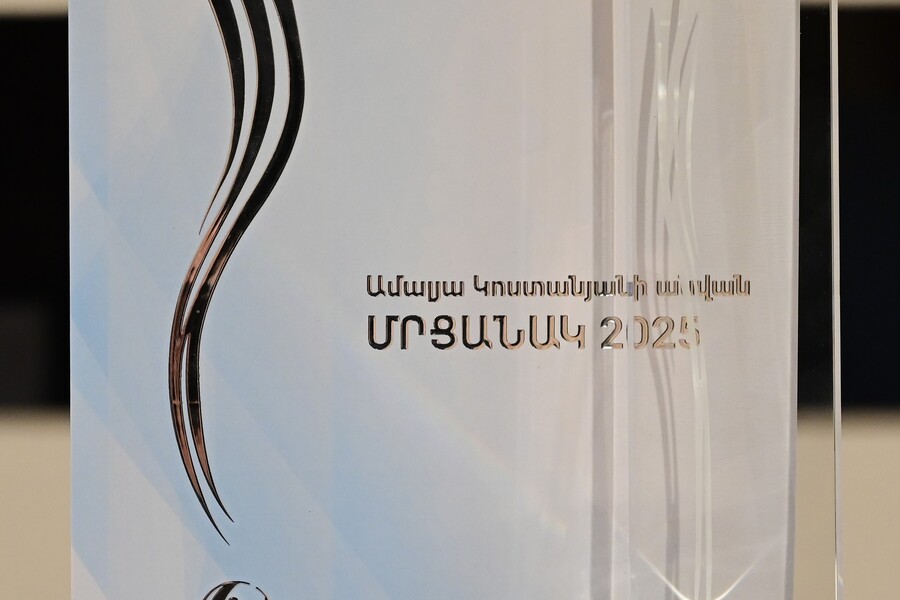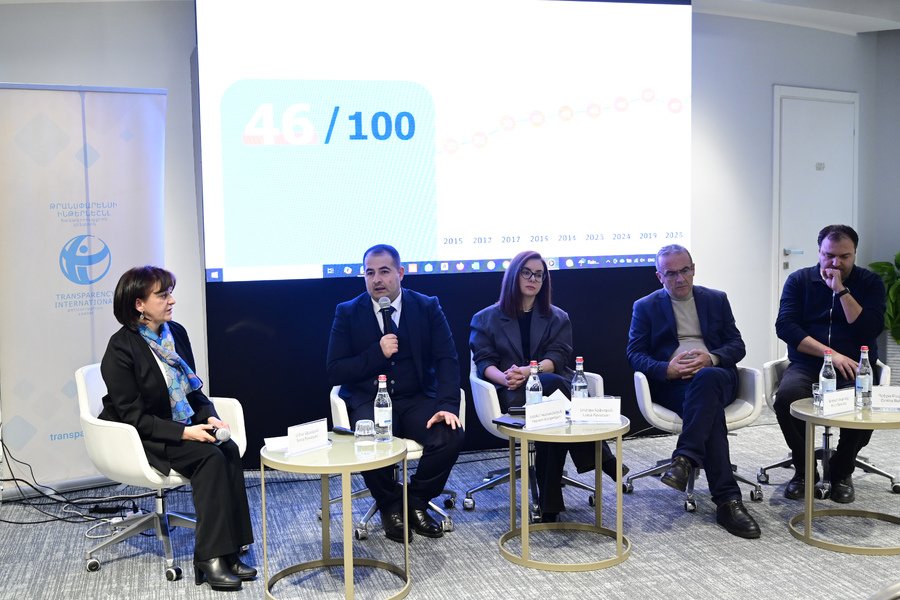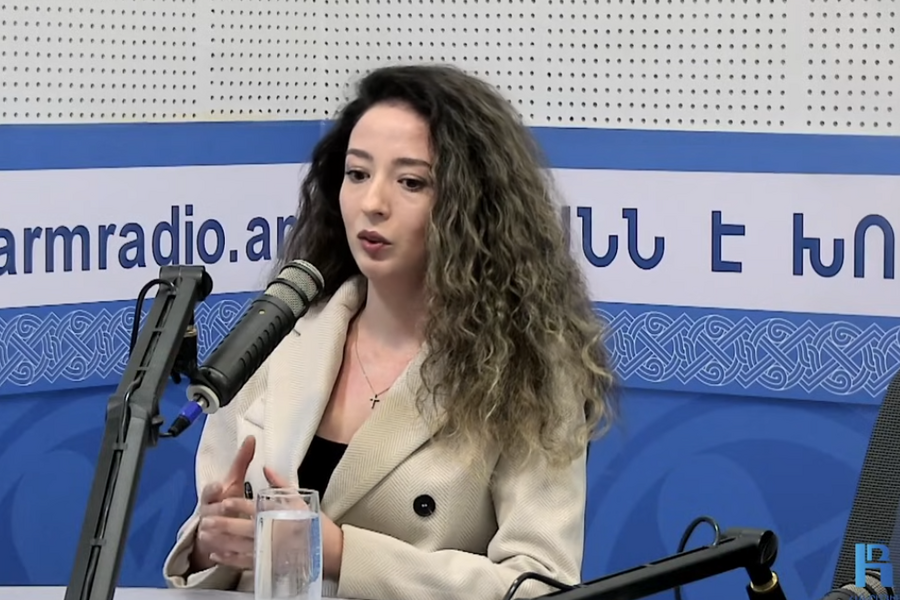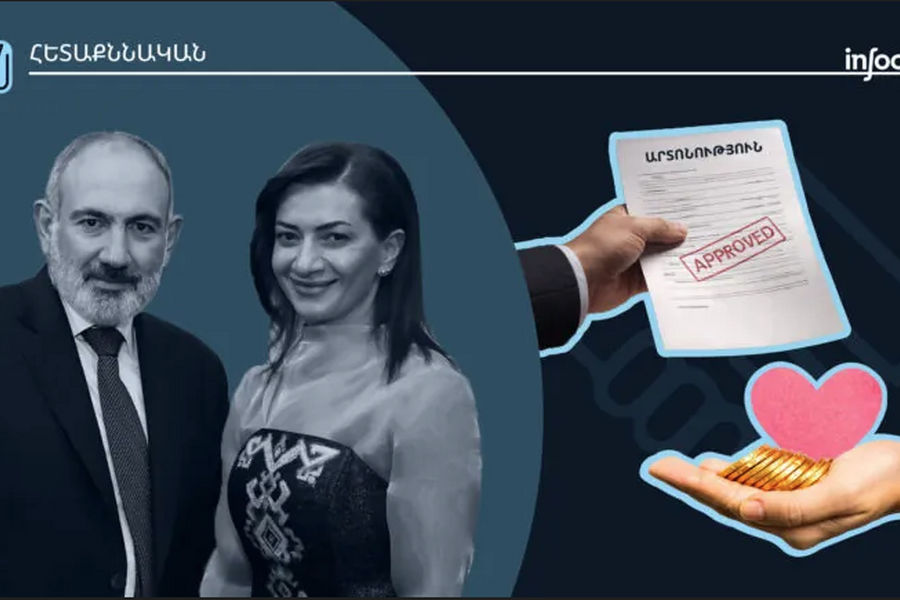Summary Regarding Use of Administrative Resources in Preparation for Referendum
On October 5, 2015, Armenia’s National Assembly adopted a decision “On Giving Consent to Put a Bill on Changes to the RoA Constitution to Referendum”. Based on this decision, on October 8, 2015 the President of Armenia signed a decree setting December 6, 2015, as the referendum day for constitutional changes. The referendum campaign got underway on October 10, 2015.
This summary covers information on obvious or possible use of administrative resources in the first month (October 10-31, 2015) of preparation and campaign of the referendum.
- According to mass media reports, provincial governors (marzpet) held meetings with village mayors from the very first day of the referendum campaign, obligating them to turn out a certain amount of “yes” votes for the referendum.[1] Taking into account the low level of awareness in communities regarding the referendum, the proposed changes to the RoA (Republic of Armenia) Constitution, their possible consequences, and the promotion of the government’s “yes” position by most of the press, the campaign led by the provincial governors creates unequal conditions between the supporters of constitutional change and those who oppose it.
- At a session of the executive body of Armenia’s Republican Party on October 19, 2015, Prime Minister Hovik Abrahamyan was appointed to head the Republican Party’s campaign staff for the constitutional referendum. He assumed responsibility for organizing the campaign in support of the referendum. According to a statement by the Republican Party’s spokesperson, the prime minister would not go on vacation but would jointly serve as the country’s prime minister and campaign headquarters chief.[2] Worth remembering is that Hovik Abrahamyan has a wealth of experience managing election campaigns. In the 2008 and 2013 presidential elections, Abrahamyan directed the campaigns for Serzh Sargsyan. In the parliamentary election of 2012, he headed the campaign headquarters for the Republican Party. In all three elections, the Republican Party or its candidate came out on top. However, the electoral process and the legitimacy of the results in all three cases were labeled as suspect by opposition political forces and civil society, particularly observer organizations.
There is no clause in the “Law on the Referendum” that bans the use of administrative resources, and those individuals holding political and discretionary posts are not at all banned from campaigning. There is also no clause permitting the use of administrative resources.[3] Even though major changes were introduced in this law on June 10, 2015, clauses referring to campaign subjects were left unchanged. This allows authorities to conveniently sustain the legality of the prime minister assuming the position of campaign HQ chief.
- A debate on constitutional change took place at Yerevan State University’s Faculty of Law on October 22, 2015. Only supporters of change spoke – Gagik Ghazinyan and Gevorg Danielyan, both members of the committee that drafted the constitutional change bill. They presented the constitutional change bill in glowing terms and stressed its benefits when compared to the present constitution. In effect, they promoted the position of the “yes” bloc.[4] Taking into account that Gagik Ghazinyan is the Dean of the Faculty of Law at Yerevan State University and Gevorg Danielyan the Chair of Constitutional Law, any campaigning they undertake can greatly impact students when forming their own position on the matter.[5]
In an interview following this debate, Yerevan State University Rector Aram Simonyan announced that the event would be continued and that it was the obligation of university specialists to inform staff members and students, but that he wouldn’t permit anyone from the outside to come to the and promote the “no” position on change.[6] This means that the campaign, on an unlevel playing field, has begun at Yerevan State University, restricting the dissemination of balanced information regarding constitutional change.
- On October 24, 2015, at the opening session of the Republican Party’s constitutional referendum campaign headquarters, the following deputies to campaign chief Hovik Abrahamyan were appointed: Vigen Sargsyan (Presidential Chief of Staff), Vahram Baghdasaryan (Head of the Republican Party’s parliamentary faction), Armen Yeritsyan (Minister of Territorial Administration and Emergency Situations), Levon Yolyan (Deputy President of Armenia’s Control Chamber), Hovhannes Hovsepyan (Chief of the President’s Control Service), Karen Karapetyan (Republican Party MP)[7] Given their official positions, most of these individuals enjoy direct influence on all regional and local government bodies in Armenia.
Clearly, the inclusion of government officials in this process is an abuse of administrative resources and levers of influence, given that a sizeable portion of state resources are serving the interests of the individual who initiated the constitutional changes in the first place. As a result, the campaign of the “yes” camp enjoys real and unjustified benefits when compared to the campaign being waged by the “no” camp. This places the fairness and legality of the entire referendum process in doubt.
It must be noted that the “Law on the Referendum” forbids those serving in national and community positions to campaign while fulfilling their official duties.[8] However, the RoA Code on Administrative Violations and the RoA Criminal Code do not envisage any accountability for such eventualities and, in essence, allow for the unrestricted abuse of administrative resources. Neither do we know of any proceedings being launched when individuals not permitted to engage in campaigning were either caught campaigning or violating other aspects of the campaign law.
- On October 25-27, 2015, Armenia’s National Assembly discussed a bill to make changes to the “Law on Identity Cards”. The changes, if passed, would enable RoA citizens to vote using identity cards, given that more than half a million citizens were issued identity cards, moreover, more than 180,000 of them possess only identity cards, and the rest possess two personal identity documents - a passport and an identity card. Given that the use of the identity card, which contains no residency address and which cannot be stamped, increases the risk of double voting, certain MPs proposed the use of special equipment or other means to prevent double voting.[9] The authors of the bill, however, rejected such proposals. Thus, at the first reading, the National Assembly adopted the proposed changes to the “RoA Law on Identity Cards”.[10]
-
On October 26, 2015, the website of the RoA Police published a list of eligible voters for the constitutional referendum. Numerous calls and complaints have already been made regarding problems related to this list. In particular, the Gyumri office of the Armenian National Congress (HAK) has stated that despite data in the 2011 census showing 123,000 residents in the city of Gyumri, 126,000 eligible voters are listed for the city.[11] According to a statement by Helsinki Citizen’s Assembly Vanadzor Office, the number of voters in the province of Lori is 102% of the permanent population and 114% in the town of Vanadzor.[12] According to the ILur news outlet, based on the published voter list, all the residents of Abovyan and Ashtarak are eligible voters and the number of eligible voters in Alaverdi exceeds official population figures by 3,000.[13]
The Citizen Observer” initiative is a coalition, formed in May 2013, of the following NGOs – Transparency International Anticorruption Center, Europe in Law Association, Journalists’ Club “Asparez,” and Helsinki Citizens' Assembly Vanadzor Office.
[1] http://www.chi.am/index.cfm?objectid=7CE13620-72A6-11E5-81980EB7C0D21663
[2] http://www.azatutyun.am/content/article/27315713.html
[3] “RoA Law on Referendum”; Article 20, Point 5.
[4] https://www.youtube.com/watch?v=cHcNnR7gZ5w, http://www.azatutyun.am/content/article/27321152.html, http://www.azatutyun.am/content/article/27316749.html
[5] “RoA Law on Referendum”; Article 20, Part 5
[6] http://www.azatutyun.am/content/article/27316749.html
[8] “ RoA Law on the Referendum”; Article 20, Part 5
[9] http://www.azatutyun.am/content/article/27331456.html
[10] http://www.azatutyun.am/content/article/27334138.html
[11] http://www.aravot.am/2015/10/28/623247/
[12] http://www.ilur.am/news/view/50014.html
[13] http://www.ilur.am/news/view/45738.html#sthash.CEKeIyQP.dpuf






